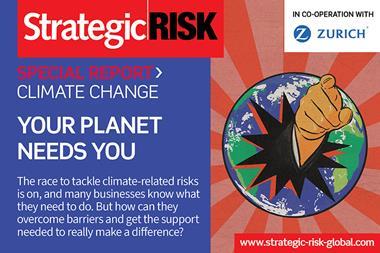Aon’s vaccine insurance solution demonstrates the technology’s potential in the insurance market, says GlobalData
Aon’s specialised cargo insurance protection product is a game-changer – especially for cargo insurance, which can take months to identify and settle, according to GlobalData. The product is integrated with Internet of Things (IoT) capabilities in order to provide supply chain protection for the global transportation of COVID-19 vaccines.
IoT capabilities have become increasingly important to enterprises in recent years, which has allowed the IoT market to grow from $586 billion in 2019 to $622 billion in 2020. As the ecosystem of IoT devices develops, it creates an opportunity for insurers to integrate the technology and streamline their claims process.
GlobalData forecasts that the IoT market will reach a value of $1.07 trillion by 2024, representing a compound annual growth rate (CAGR) of 13% compared to 2020.
Aon is using IoT to monitor the temperature of vaccines on marine cargo through a partnership with insurtech Parsyl. COVID-19 vaccines demand strict temperature controls as exposure to temperatures outside the range prescribed by manufacturers can render them useless.
According to the World Health Organization (WHO), around half of the COVID-19 vaccines distributed around the world go to waste, in large part because of a failure to properly control storage temperatures.
Jazmin Chong, insurance analyst at GlobalData, comments: “Through Aon’s insurance product, if vaccine temperatures drop outside the pre-established temperature range policyholders are entitled to a claims payout.”
This means the broker will be able to establish clear trigger points and have constant access to this information, allowing it to settle a claim via its capacity providers much more rapidly.
“IoT usage also provides policyholders with tracking information for vaccine cargo,” continues Chong. “Aon’s and Parsyl’s efforts represent an important usage of IoT in the insurance market, as well as offering insight into how vaccine providers are trying to mitigate risk.”
This is also relevant in light of the March 2021 Suez Canal blockage. While the blockage only lasted six days, it is expected that the incident will impact global supply chains for months.




















No comments yet